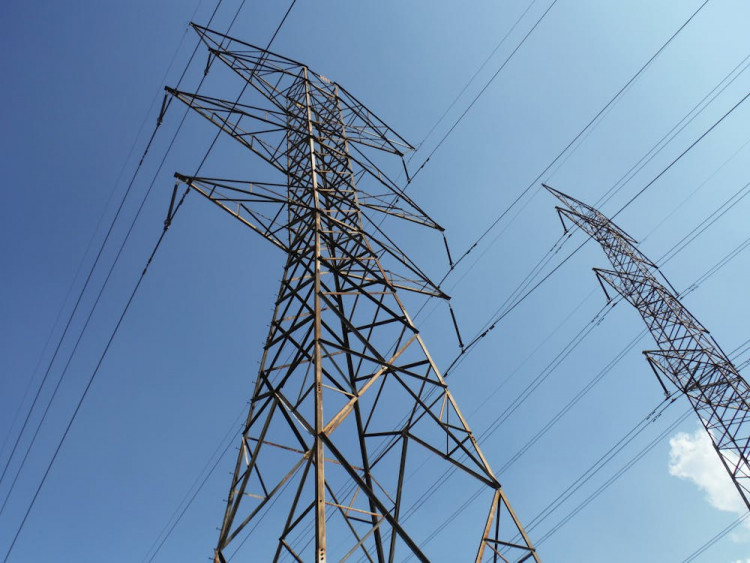The California Public Utilities Commission (CPUC) has approved a hotly contested change to residential electricity rates, which will impact 11 million customers of investor-owned utilities starting late next year. In a unanimous vote on Thursday, the agency authorized a flat fee of up to $24.15 per month and cuts to electricity costs by 5-7 cents per kilowatt-hour. The change, which regulators say is a key step in slashing carbon emissions from homes, has sparked fierce debate among utilities, rooftop solar advocates, and lawmakers.
Under the new rule, low-income customers enrolled in the state's CARE program will be eligible for a discounted flat rate of $6, while those benefiting from the FERA program will pay $12. CPUC President Alice Busching Reynolds emphasized that the change does not add any costs or fees but rather redistributes existing costs among Pacific Gas & Electric, Southern California Edison, and San Diego Gas & Electric bills. "The transition to all electric homes, cars and trucks is truly transformative. It means that we can ratchet down our use of petroleum and natural gas. It also means that our electricity rate design needs to evolve to meet this moment in time," Reynolds said.
The CPUC's proposal has been met with strong opposition from rooftop solar advocates and some environmental groups, who argue that the change will discourage energy conservation and punish rooftop solar customers. Bill Allayaud, director of government affairs for the Environmental Working Group, called the flat rate "a big utility tax that is twice the national average and totally uncapped." Protesters outside the CPUC marched to the legislature on Thursday, demanding lawmakers cap the fixed charge.
Households that use high amounts of electricity and low-income households that qualify for the discounted fixed charge are likely to see savings in their monthly bills. However, smaller households, low energy users, and homes with installed solar panels may see their bills rise. The debate has caught Democratic lawmakers between calls to prioritize energy conservation and promises of more equitable energy prices.
The origins of the flat rate plan have also drawn criticism, as Gov. Gavin Newsom inserted last-minute language favored by utilities into a budget trailer bill in 2022, directing the CPUC to study and consider authorizing a fixed charge on electricity bills. This has led to accusations that the CPUC and utilities were able to influence the policymaking process without sufficient public input.
Californians currently pay the second-highest electricity rates in the nation, with PG&E customers seeing new rate hikes this year. The previous system required ratepayers to pay for wildfire risk mitigation and other major investments directly in energy prices. Many environmental groups, such as the Natural Resources Defense Council, argued that the flat rate plan is necessary to separate those investments from a lower cost of energy and prevent prices from skyrocketing.
The rooftop solar industry, which relies on high electricity prices to make solar panels a worthwhile investment for homeowners, has been a vocal opponent of the CPUC's rule. Erin Weber Kiel, government affairs manager for Sunnova, said, "This proposal will drastically change the value proposition for customers and for our business. We have not seen a fixed charge get proposed anywhere near this high nationally."
The highly charged debate underscores the conflict between the rooftop solar industry and state-sanctioned monopoly utilities over the future of California's energy system. Ruthie Lazenby, a fellow with the UCLA Emmett Institute on Climate Change & the Environment, noted that while watchdogs must keep utilities from needlessly raising rates, universally affordable electricity will require utility-scale clean energy.




